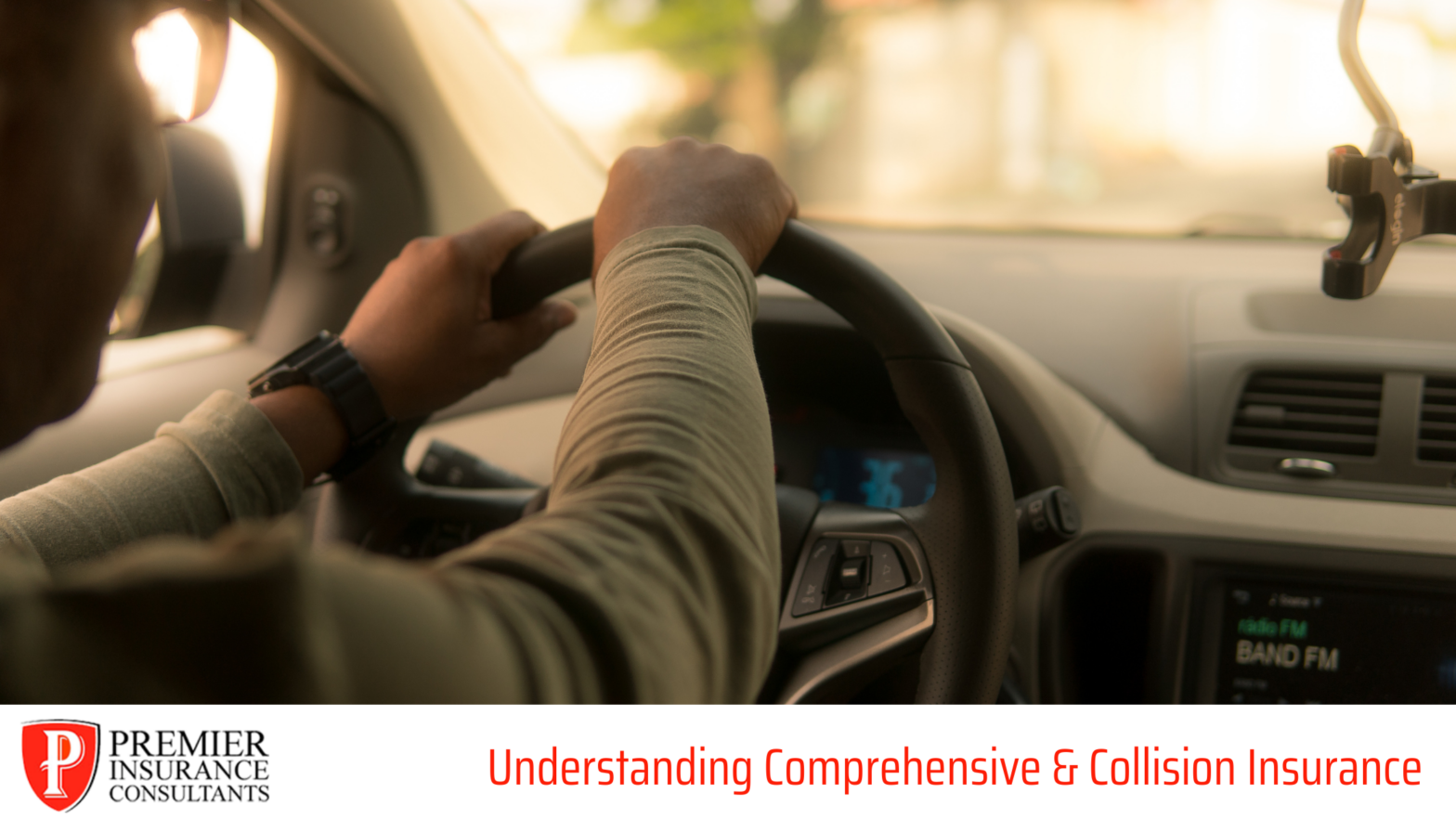Car insurance is a necessity for all drivers. In case of accidents, you want to be sure that you are protected financially. Comprehensive and collision insurance provides coverage for damages to your car in case of accidents or incidents. In this blog post, we will dive into this type of insurance, what it covers, and how it differs from other types of car insurance.
Comprehensive Insurance
Comprehensive insurance is a type of car insurance that covers damages to your car that are not caused by collisions. This type of insurance, also known as “other than collision” coverage, can cover damage caused by theft, vandalism, fire, natural disasters, or falling objects. Comprehensive insurance does not cover damages caused by collisions with another vehicle or object.
Collision Insurance
Collision insurance covers damages to your car caused by collisions with another vehicle or object. This insurance is designed to cover the cost of repairs or replacement of your vehicle. Collision coverage is useful if you are in an at-fault accident or if your vehicle is hit by an uninsured or underinsured driver.
How Comprehensive and Collision Insurance Differ
While both comprehensive and collision insurance provide coverage for your car, they differ in the types of incidents and damages that they cover. Comprehensive insurance covers damages that are not caused by collisions, whereas collision insurance covers damages that result from collisions. Comprehensive insurance is often more expensive than collision insurance, as it covers more types of incidents.
Other Types of Car Insurance
While comprehensive and collision insurance are important, they are not the only types of car insurance available. Liability insurance is required by law and covers the cost of damages to others if you are at fault in an accident. Personal injury protection (PIP) provides coverage for medical expenses and lost wages in case of an accident. Government-mandated insurance coverage may differ based on your state. It is important to educate yourself on your state’s requirements for car insurance.
Car insurance is a vital aspect of being a driver. Understanding insurance is important for choosing the right coverage for your needs. Comprehensive insurance covers damages that are not caused by collisions, whereas collision insurance covers damages that result from collisions. Together, these two types of insurance provide full coverage for your car. It is important to educate yourself on other types of car insurance and your state’s requirements. By understanding your options, you can make an informed decision about your car insurance coverage and drive with peace of mind.
If you still find yourself asking if you need comprehensive and/or collision insurance, give your local Greenville insurance team a call today. We will answer any questions you have and navigate all of your personal auto insurance coverage options.
Disclaimer: This article is not expert advice.




